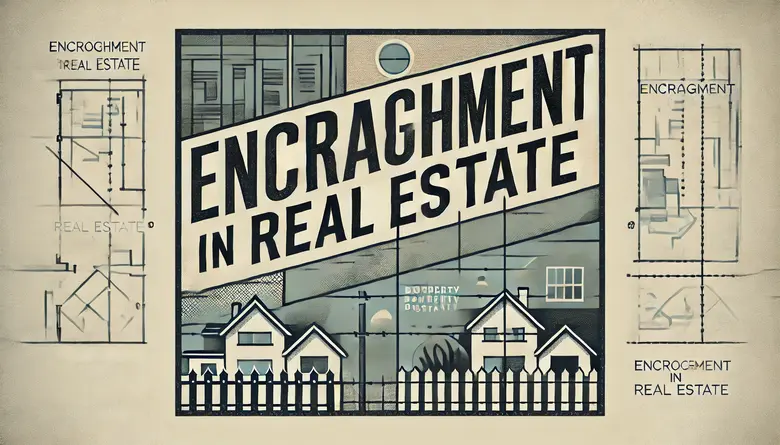In the competitive real estate market, acquiring a property at a good value requires strategic planning, research, and negotiation. This comprehensive guide outlines essential strategies for buyers aiming to secure the best possible deal on a home. Additionally, it touches upon the complexities involved in selling properties with existing liens, providing valuable insights for those navigating this common challenge.
Understanding Market Conditions
A thorough analysis of current real estate market conditions is pivotal. Buyers should familiarize themselves with trends in property prices, interest rates, and inventory levels in their desired location. A buyer’s market, characterized by an abundance of properties and lower prices, presents a prime opportunity to negotiate favorable terms. Conversely, in a seller’s market, where demand exceeds supply, buyers may need to adjust their strategy to stand out among multiple offers.
Financial Preparation
Securing a good deal starts long before making an offer. Prospective buyers should ensure their finances are in order, including obtaining pre-approval for a mortgage. This not only clarifies budget constraints but also strengthens the buyer’s position during negotiations, demonstrating to sellers that they are serious and prepared to proceed quickly.
Leveraging Property Inspections
A comprehensive property inspection can be a powerful tool in negotiating a better deal. Identifying any issues or potential repairs gives buyers leverage to request a lower price or ask the seller to make repairs before closing. However, it’s important to distinguish between minor cosmetic issues, which can be overlooked, and significant structural problems that can incur substantial costs.
Negotiating Terms Beyond Price
While the purchase price is a significant factor, other terms of the sale can also provide value to the buyer. Flexibility on the closing date, including certain appliances or furniture, or request the seller to cover closing costs are examples of negotiations that can enhance the overall deal without necessarily lowering the price.
The Role of Real Estate Professionals
Partnering with experienced real estate professionals can significantly impact the success of acquiring a property at a good value. Agents possess in-depth knowledge of local markets, negotiation skills, and access to off-market listings, all of which can benefit the buyer. Moreover, they can provide critical advice and manage paperwork, making the buying process smoother and more efficient.
Can You Sell a House with a Lien on It?
A frequent question in real estate transactions is, “Can you sell a house with a lien on it?” The concise answer is indeed yes, though it requires navigating extra procedures. To sell a house with a lien, the lien must either be fully settled before or at the closing of the sale to guarantee the transfer of a clear title to the new owner. Sellers can engage in negotiations with the lienholder, aiming to agree on a reduced payoff amount or to arrange for the lien’s transfer to a different piece of property. Highlighting the critical step in this process is the need for a comprehensive title search during the purchase phase, which helps uncover any liens that might complicate the sale, ensuring they are resolved before completion.
Utilizing Technology and Resources
In today’s digital age, buyers have a plethora of resources at their disposal. Online property listings, virtual tours, and comprehensive market analysis tools can aid in identifying potential deals. Additionally, social media and real estate forums can provide insights and tips from other buyers and industry experts.
Patience and Timing
Patience is a virtue in the quest for a good deal on a property. Rushing to make an offer can result in overlooking crucial details or paying more than necessary. Timing can also play a crucial role; for instance, properties that have been on the market for an extended period may have sellers more willing to negotiate. Similarly, buying during off-peak seasons may result in less competition and more favorable prices.
Conclusion
Securing a good deal when buying a property is achievable with careful planning, thorough research, and strategic negotiation. Understanding market conditions, preparing financially, leveraging inspections, and utilizing the expertise of real estate professionals are all key components of a successful purchase strategy. Additionally, addressing complexities such as existing liens on a property ensures a smooth and transparent transaction. By employing these strategies, buyers can navigate the real estate market confidently, ultimately securing a property that meets their needs and financial goals.



